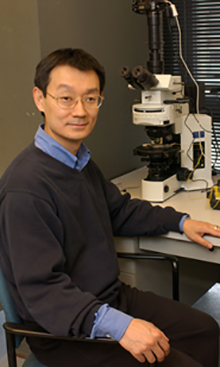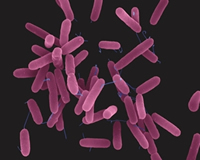Former Orange Point Guard and Maxwell Alumna ‘Roxi’ Nurse McNabb Still Driving for an Assist
As point guard for the Orange women’s basketball team, Raquel-Ann “Roxi” Nurse McNabb ’98, G’99 was known for helping her teammates ‘make buckets’—a lot of buckets. The 1997 Syracuse University Athlete of the Year, two-time team MVP and three-time BIG…



